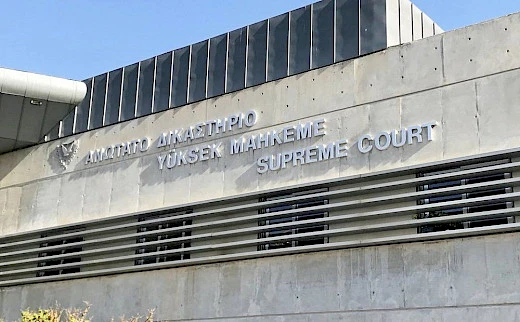Supreme Court of Cyprus rules collection of DNA and fingerprints from detainees lawful

The Supreme Constitutional Court of Cyprus has ruled that collecting DNA samples, fingerprints, and photographs from detainees is lawful. The decision was adopted unanimously on 12 September 2025, with the court confirming that Article 25 of the Police Law fully complies with the Constitution.
The case was initiated by a complaint from a detainee who sought to challenge a court order. According to that order, the police were authorized to take his genetic material for the investigation of a criminal case. The central question was whether such a procedure violates the right to private and family life.
The court noted that while the Constitution indeed guarantees the inviolability of private life, it allows restrictions in cases where it is necessary to ensure public safety, solve crimes, and protect the rights of others, including victims.
The law provides two options: either the detainee voluntarily agrees to submit biometric data, or—if he refuses—the police must obtain a court order. In such cases, the court assesses all circumstances individually and decides whether interference in private life is justified in that particular situation.
Thus, the court confirmed that such measures are considered lawful and necessary to maintain order and conduct effective criminal investigations. Representatives of the Attorney General’s Office—Polina Eftyvoulu, Christia Kyphraiotou, Vasilis Bissas, and Herakleia Zisimu—took part in the hearing.
You may also be interested in:
- Cyprus launches free milk program for families receiving social support
- A €3.6 million contract has been signed to resume works at the river mouth in Liopetri
- A car overturned on the Ayia Napa–Larnaca highway: traffic jam formed
- An Israeli reported an attack in Limassol: “beaten unconscious”
- Night-time vandalism in Limassol: hair salon of man wanted in attempted murder case vandalized


